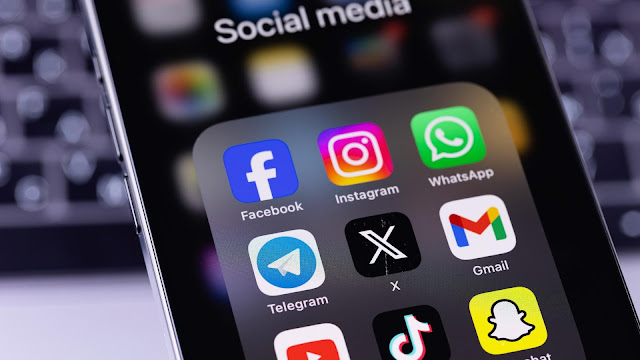In a move that could reshape how social media is accessed by young people in the United States, the Texas House of Representatives has overwhelmingly passed a bill that would prohibit anyone under the age of 18 from using social media. House Bill 186, championed by Rep. Jared Patterson (R-Frisco), passed with a 116-25 vote and now moves to the Texas Senate for consideration.
The proposed law, if enacted, would make Texas the first state in the nation to implement such sweeping restrictions on youth access to social media platforms. It mandates a stringent age verification process to confirm users are at least 18 years old. Platforms that fail to comply could face legal action from the Texas Attorney General’s Office.
A Response to a Mental Health Crisis
Rep. Patterson has made youth protection his legislative priority this session, citing alarming mental health statistics that he and other proponents directly link to social media use. During debate on the House floor, Patterson did not mince words.
“I firmly believe that social media is the most harmful product that our kids have legal access to in Texas,” he said, referencing sharp increases in emergency room visits for self-harm, rising rates of eating disorders among teenage girls, and growing concerns about pornography addiction and aggression among boys.
The bill’s emotional centerpiece was Patterson’s dedication to David Molak, a 16-year-old San Antonio student who took his own life in 2016 after being cyberbullied. His mother, Maureen Molak, was present during the vote and has spent the last nine years advocating for tougher regulations on social media.
“I lost my son David to suicide after relentless bullying on Instagram,” she said. “This bill is a vital step toward preventing other families from experiencing that pain.”
Scientific Support and Government Warnings
Patterson cited a 2022 study from the Center for Countering Digital Hate, which demonstrated how quickly harmful content reaches minors. According to the study, accounts posing as 13-year-olds were exposed to suicide-related content within just 2.6 minutes and to eating disorder-related posts within eight minutes.
“The U.S. Surgeon General came out in 2024 and compared the addictive nature of social media to cigarettes,” Patterson added. “We didn’t let children buy cigarettes, and now it’s time we stop letting them be preyed on by these platforms.”
Critics Raise Constitutional, Privacy Concerns
Despite broad bipartisan support in the House, the bill is not without detractors. Civil liberties advocates and some Democratic lawmakers voiced concerns about its constitutionality and unintended consequences.
“We believe this law is clearly unconstitutional,” said Brian Klosterboer, an attorney with the ACLU of Texas. “It bans all social media use by anyone under 18—even with parental consent. That cuts off access to educational resources, peer support groups, and even government communications for millions of young Texans.”
Rep. Erin Zwiener (D-Driftwood) echoed those concerns, warning that the bill’s verification process could hand over even more personal data to social media companies, further entrenching their role in data collection.
Patterson responded that the bill contains privacy safeguards. It requires that any personal data used for age verification must be deleted immediately after verification is complete.
“The goal is less data collection, not more,” he said. “The platforms profit from surveilling children—they won’t be able to do that under this bill.”
Enforcement and Parental Oversight
HB 186 also gives legal teeth to its provisions. If passed, the Texas Attorney General would be authorized to sue social media companies that permit underage users. Parents would have the right to demand the removal of their child's account, and platforms would be required to comply within 10 days.
This bill builds on prior legislative efforts. In 2023, Texas enacted a law mandating age verification for access to explicit online content, a law that has already faced legal challenges.
A National Trend?
Texas’s move may influence other states grappling with the impact of social media on youth mental health. While federal attempts at regulation have stalled, several state legislatures are considering similar measures to curb tech’s influence on minors.
“This is just the beginning,” Patterson concluded. “If we can lead the way in protecting our kids from the harms of social media, other states will follow.”




















